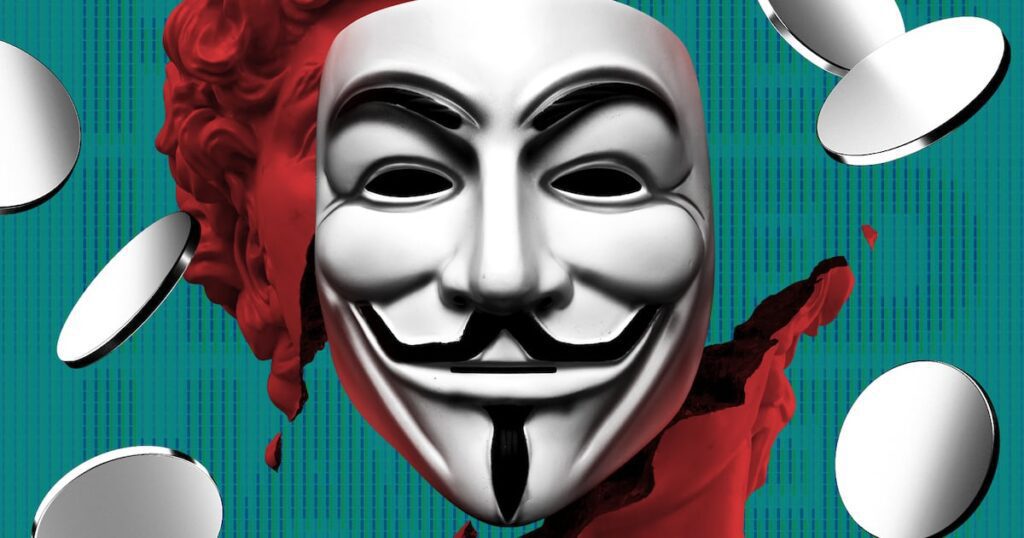- At least 20% of us, crypto owners have undergone hacks or scams.
- Crypto users fear that simple errors can make them lose their funds.
- Users need simpler wallets to avoid more expensive errors.
North Korean pirates, kidnappers and phishers are all scary of the heart of crypto holders who have lost more than $ 2 billion with larcenists eating laptops this year, but their most dreaded opponent is much less cinematographic: themselves.
It is according to an investigation by Kraken, an exchange of crypto. He reported that almost half of cryptocurrency holders are more afraid of making personal security errors than being victim of criminals.
“Most detail users never touch the contractual code, but they will stick to wallet addresses every day, so user experience, not malware, looks like real danger,” Cyvers and CEO CEO, a blockchain safety company, told Deddy, said a blockchain security company, said DL News.
“The industry always treats basic transfers like high -thread acts: a typo, and the funds have disappeared forever,” said Lavid. “In practice, human factor errors now drain a crucial part of stolen funds, making the interface of the interface a large attack area.”
And statistics apparently support anxiety. While 20% of respondents said they had been victims of scams or pirates, and more than a third think they will be, self-sabotage is the fear that really haunts them, the survey revealed.
25 million dollars
More than two-thirds of the respondents said they had made at least a classic error such as forgetting passwords, lost seed sentences or even send cryptocurrencies to the bad blockchain.
Last year, a merchant who passes through Qklpj.eth wrongly sent $ 25 million to Blockchain’s bad address. Fortunately for the merchant, they were able to negotiate with the blockchain project involved to recover the lost funds. Not everyone is lucky.
And this fear reduces a greater enthusiasm for cryptocurrencies among the retail crowd. Half of the respondents interviewed said that the fear of searching them prevented them from investing more in cryptocurrencies.
And it is perhaps the fault line at the heart of the self-cuir of cryptocurrency: balance the empowerment with almost paralyzing responsibility which has just been the system administrator of your own wealth.
Self -sufficiency culture
Crypto has a self-care cultivation built around distrust of centralized systems.
“Not your keys, not your pieces” is the Gospel for some supporters. But this gospel is delivered with high issues. Lose your keys, lose your assets. No recharge or banking support to fall back.
Crypto safety researchers say that a solution is to the manufacturers of wallets to simplify the transaction process with man -readable overviews.
They also say that portfolios must create a short window so that users cancel transactions, in particular important transfers, if they notice an error, similar to the way banks and credit card providers work.
The objective, according to blockchain security experts, should not only consist in building firewalls to prevent pirates from going out. It should also be to help users not accidentally light the house on fire.
Kraken interviewed nearly 800 crypto users.
Osato Avan-Nomayo is our DEFI correspondent based in Nigeria. It covers Defi and Tech. Do you have a tip? Please contact him at Osato@dlnews.com.


